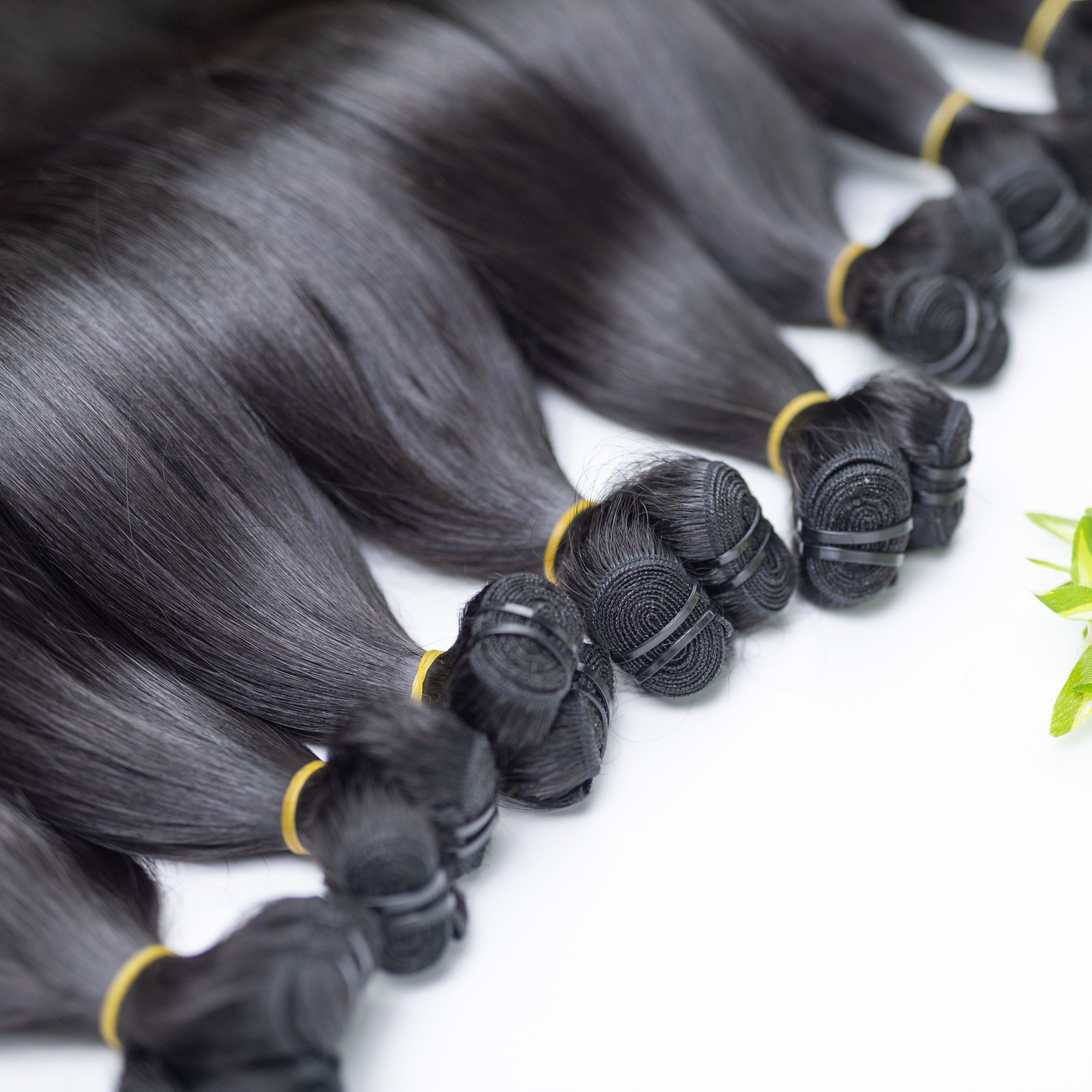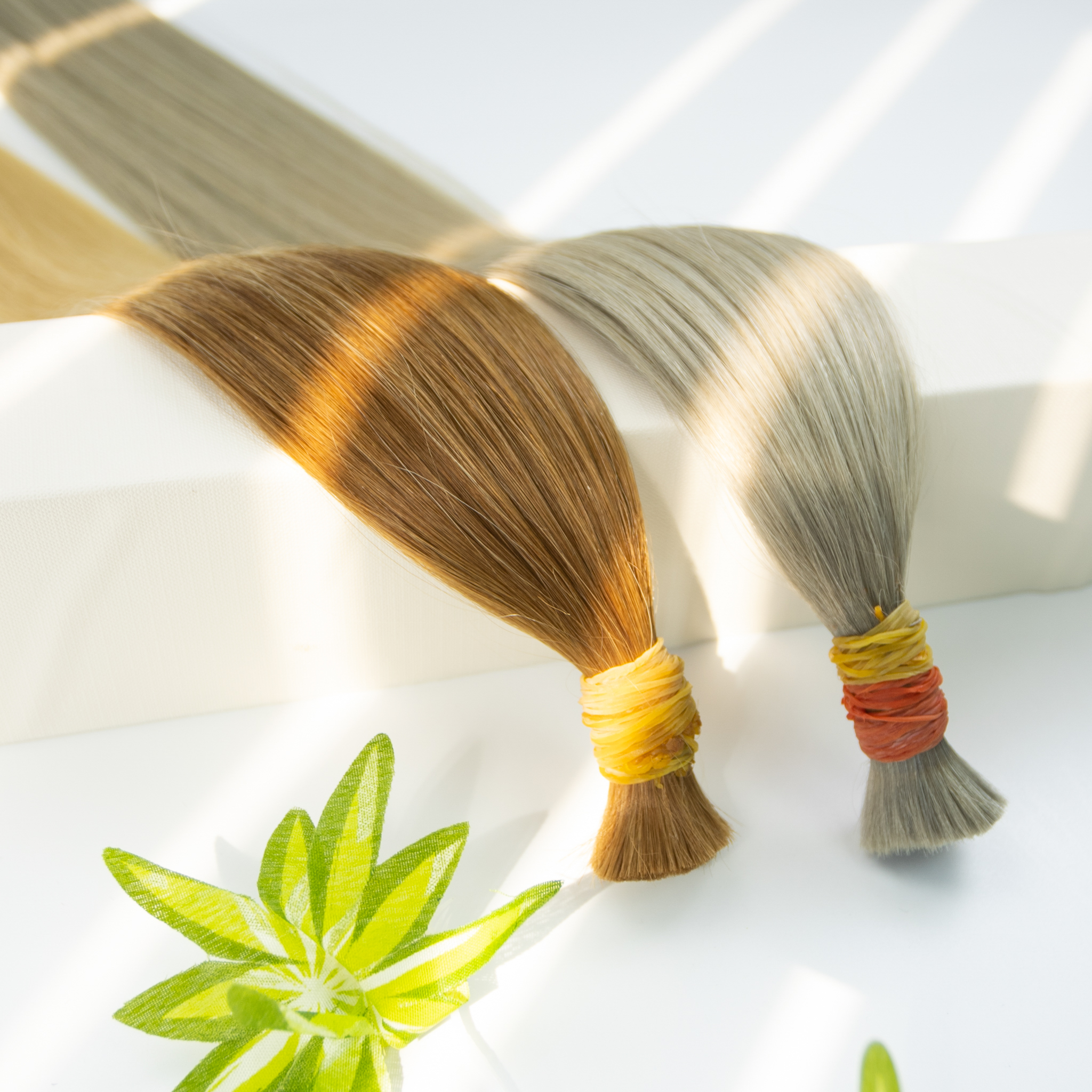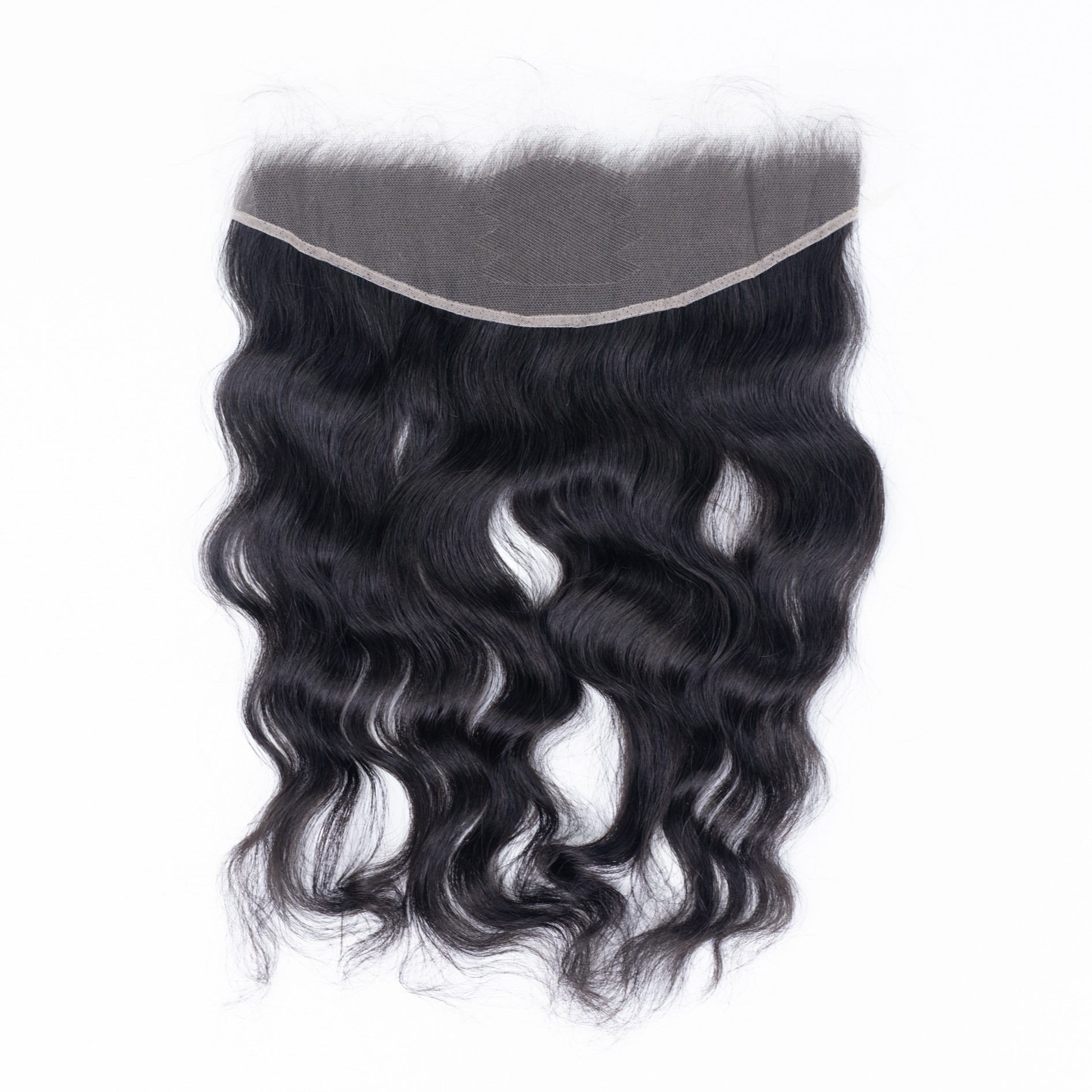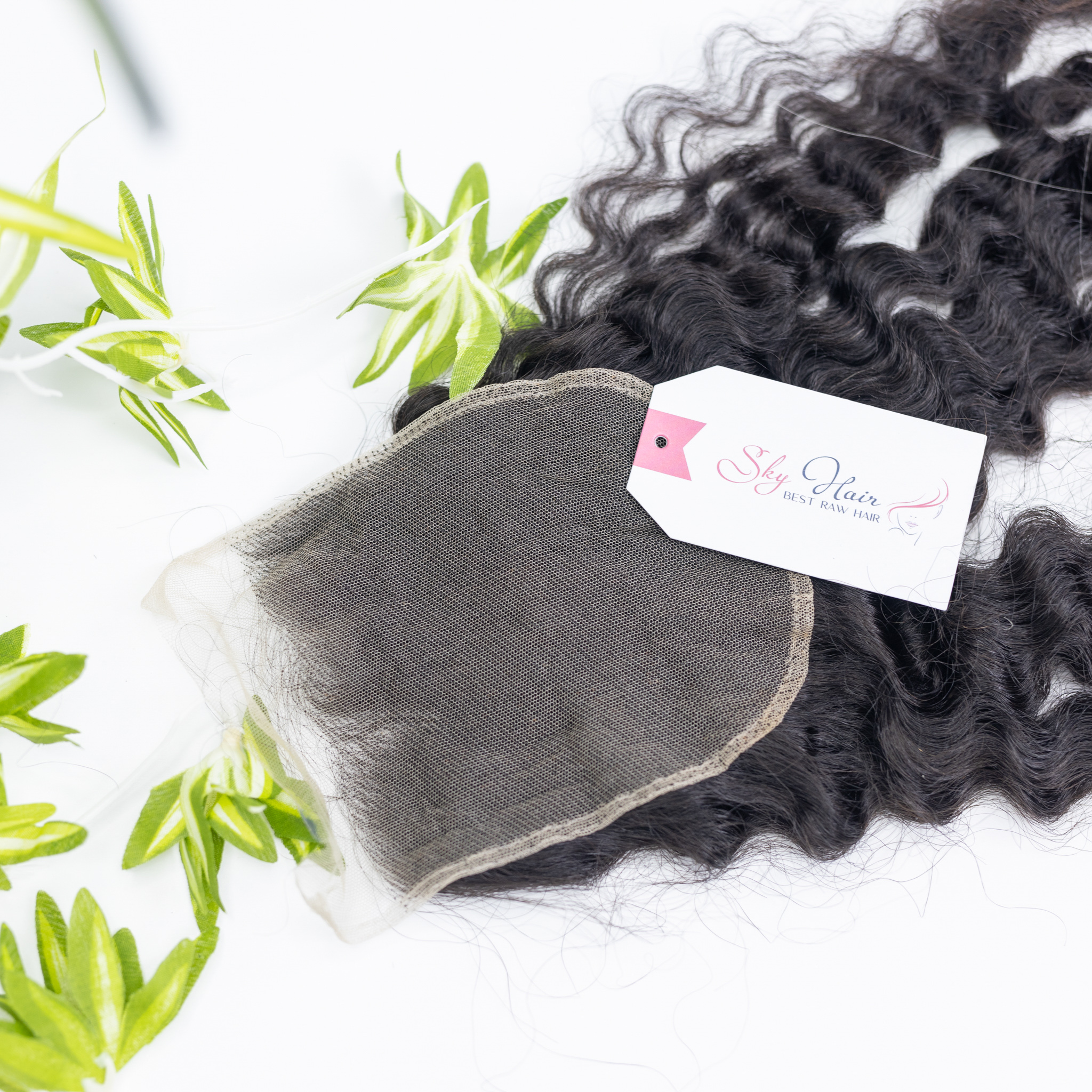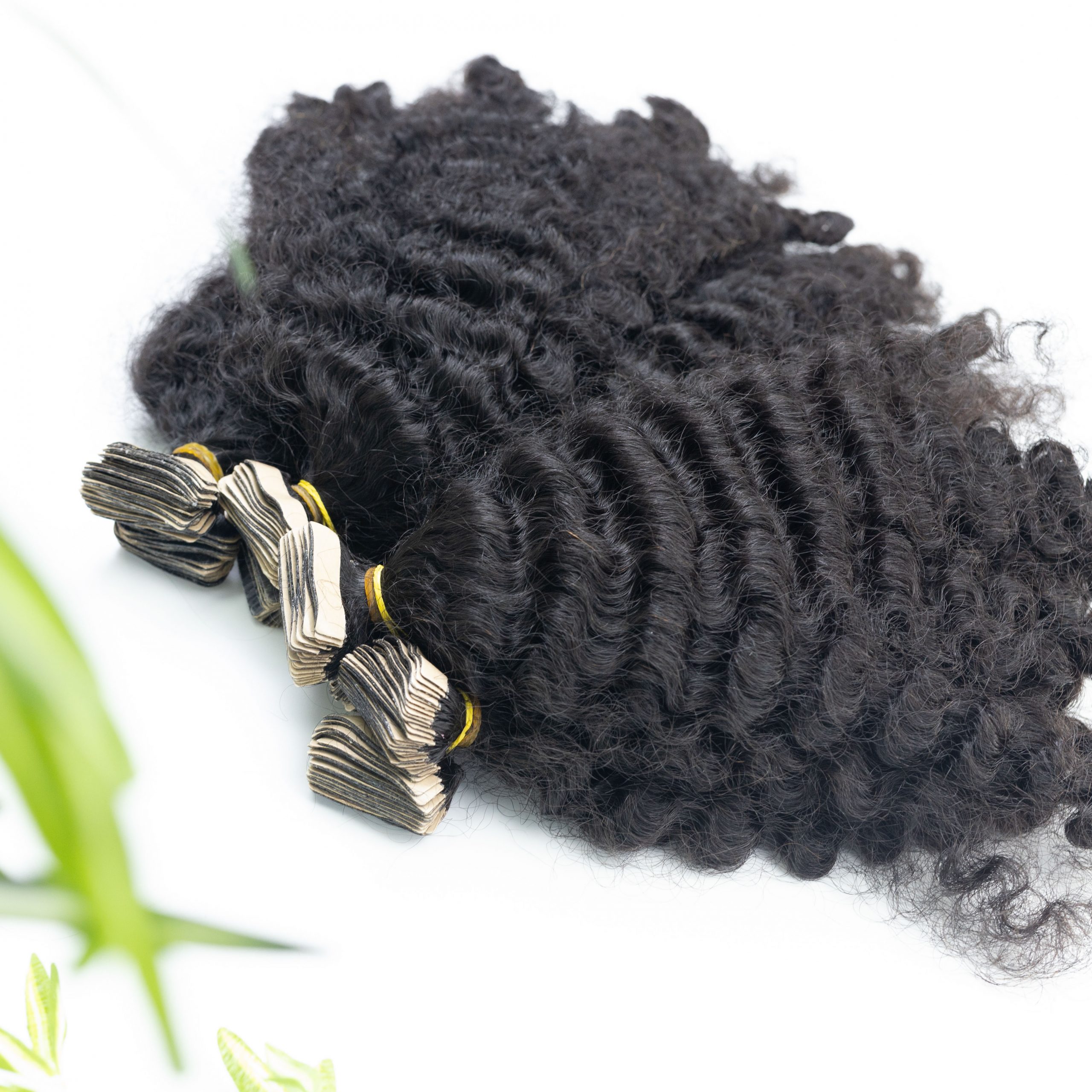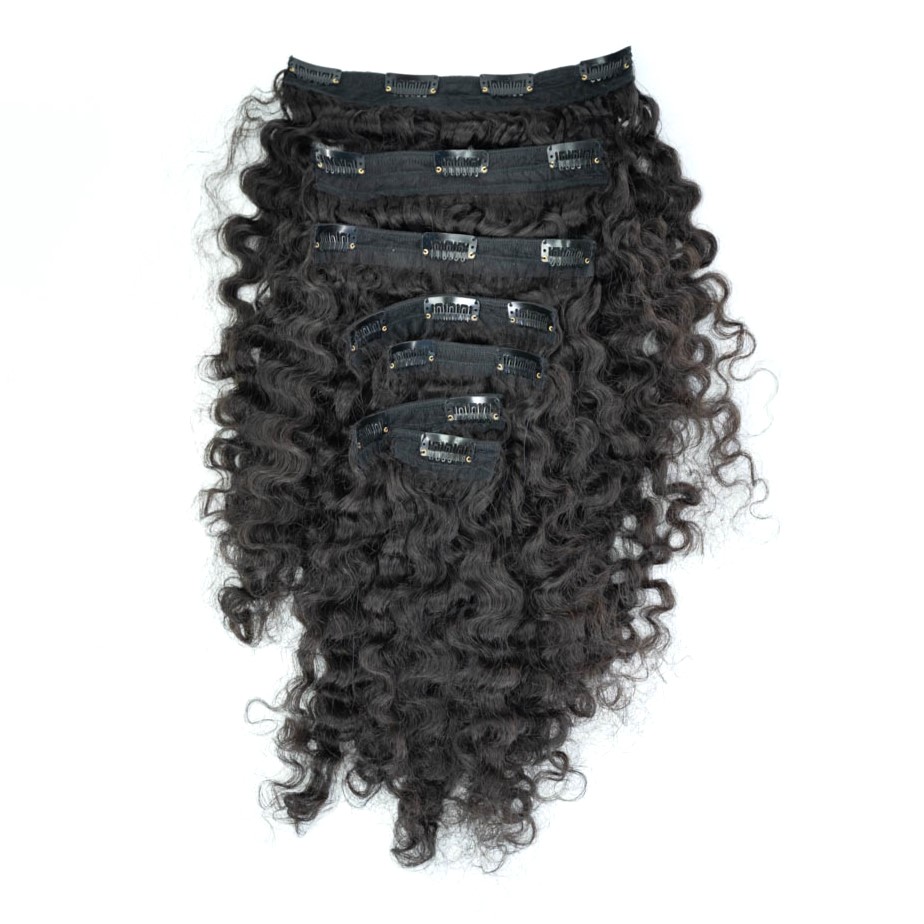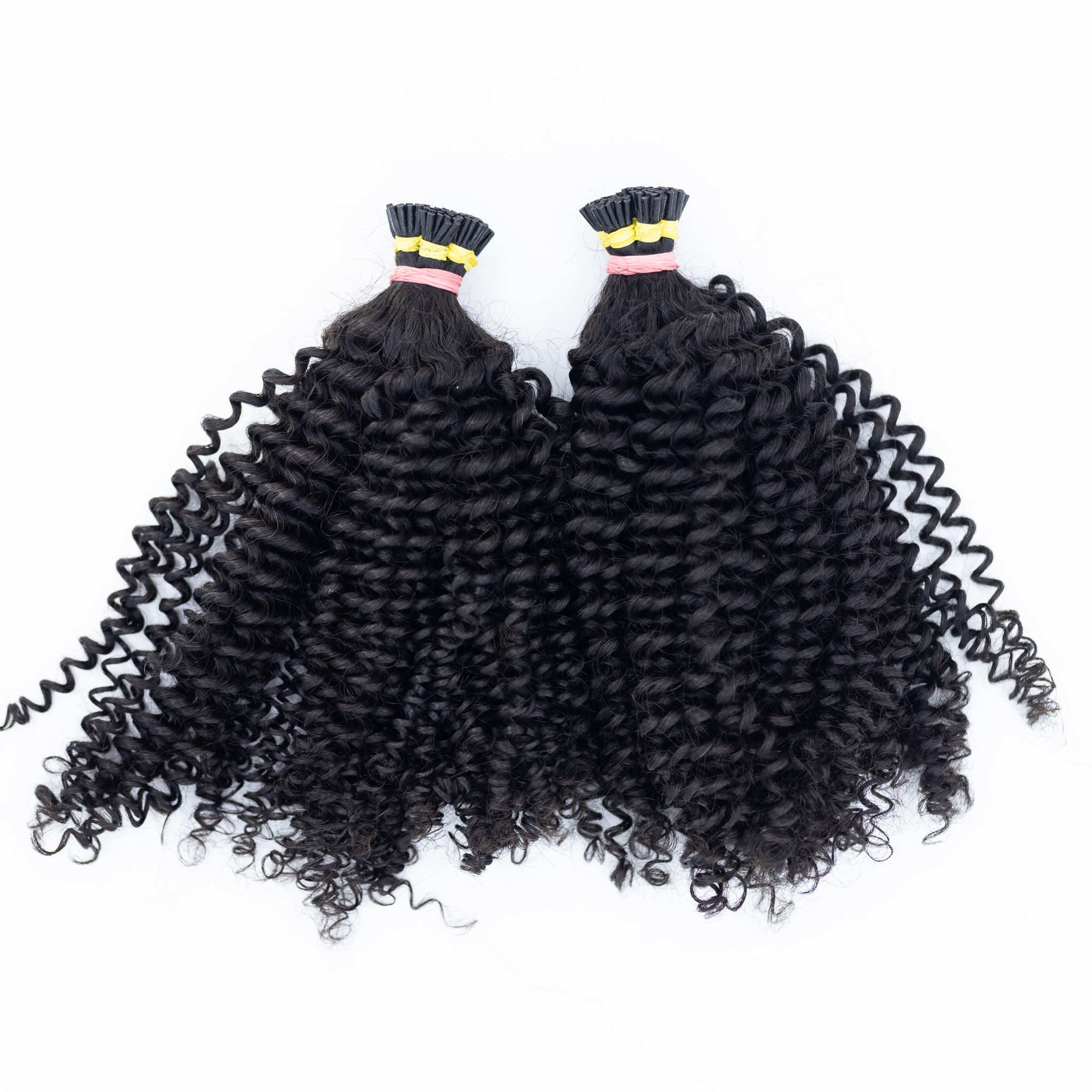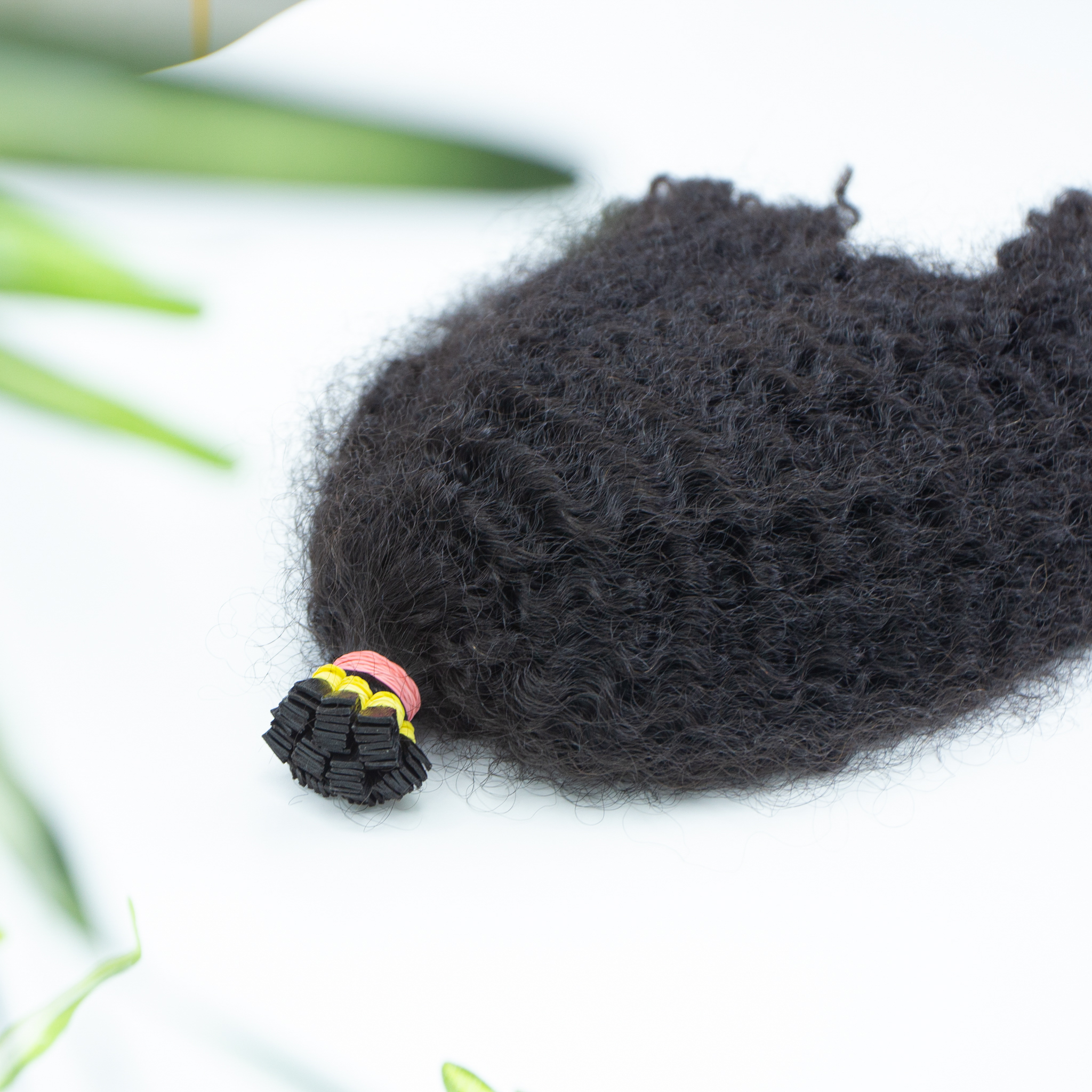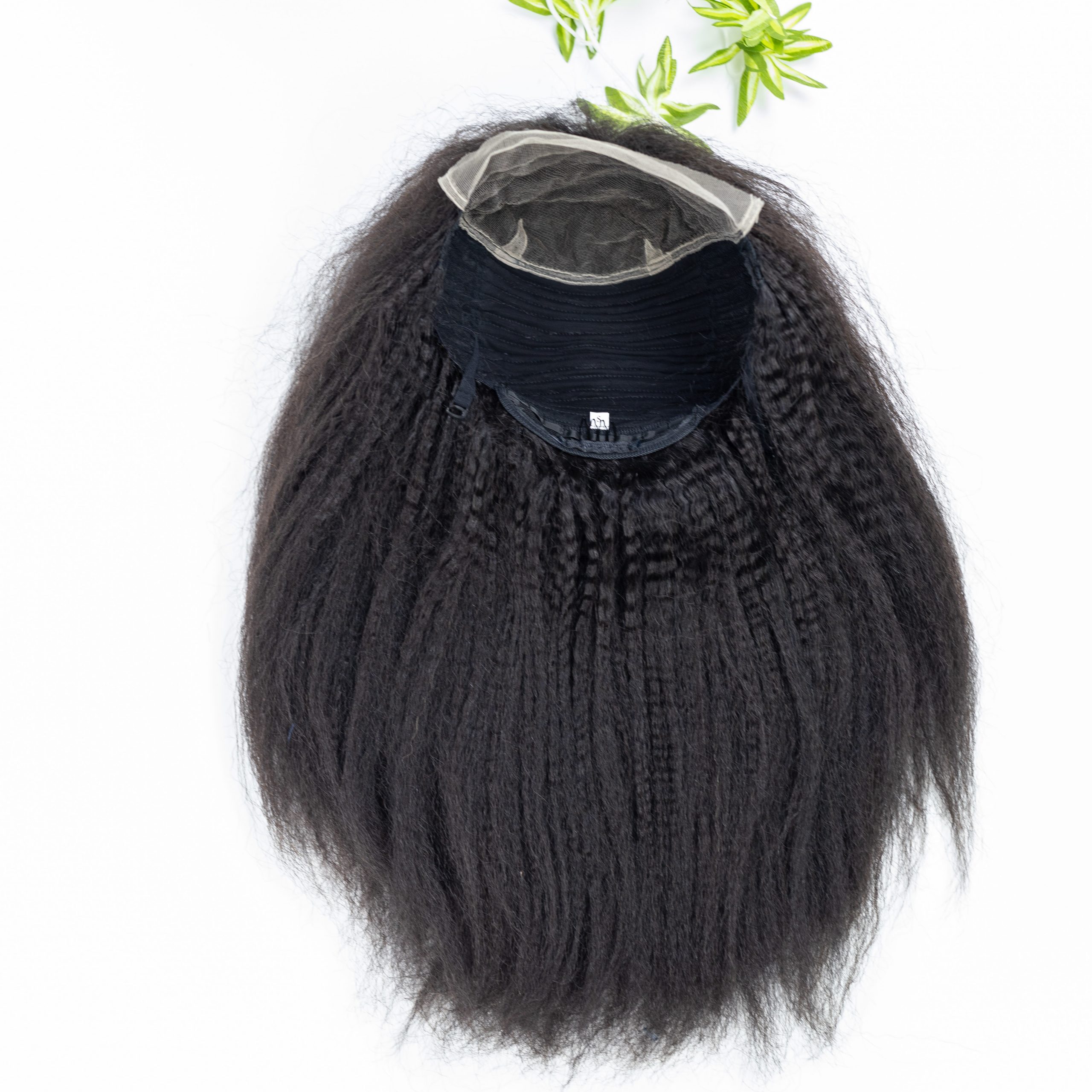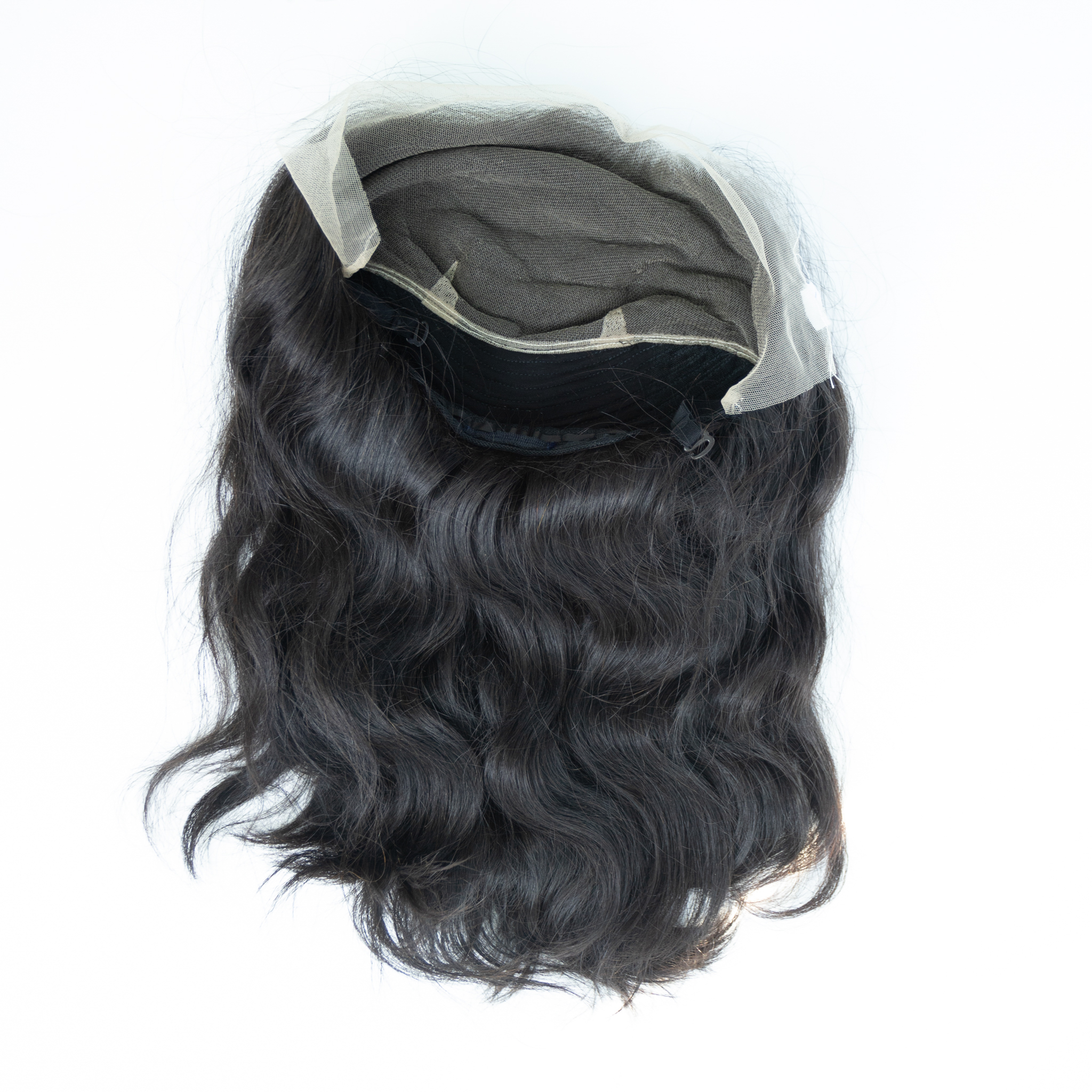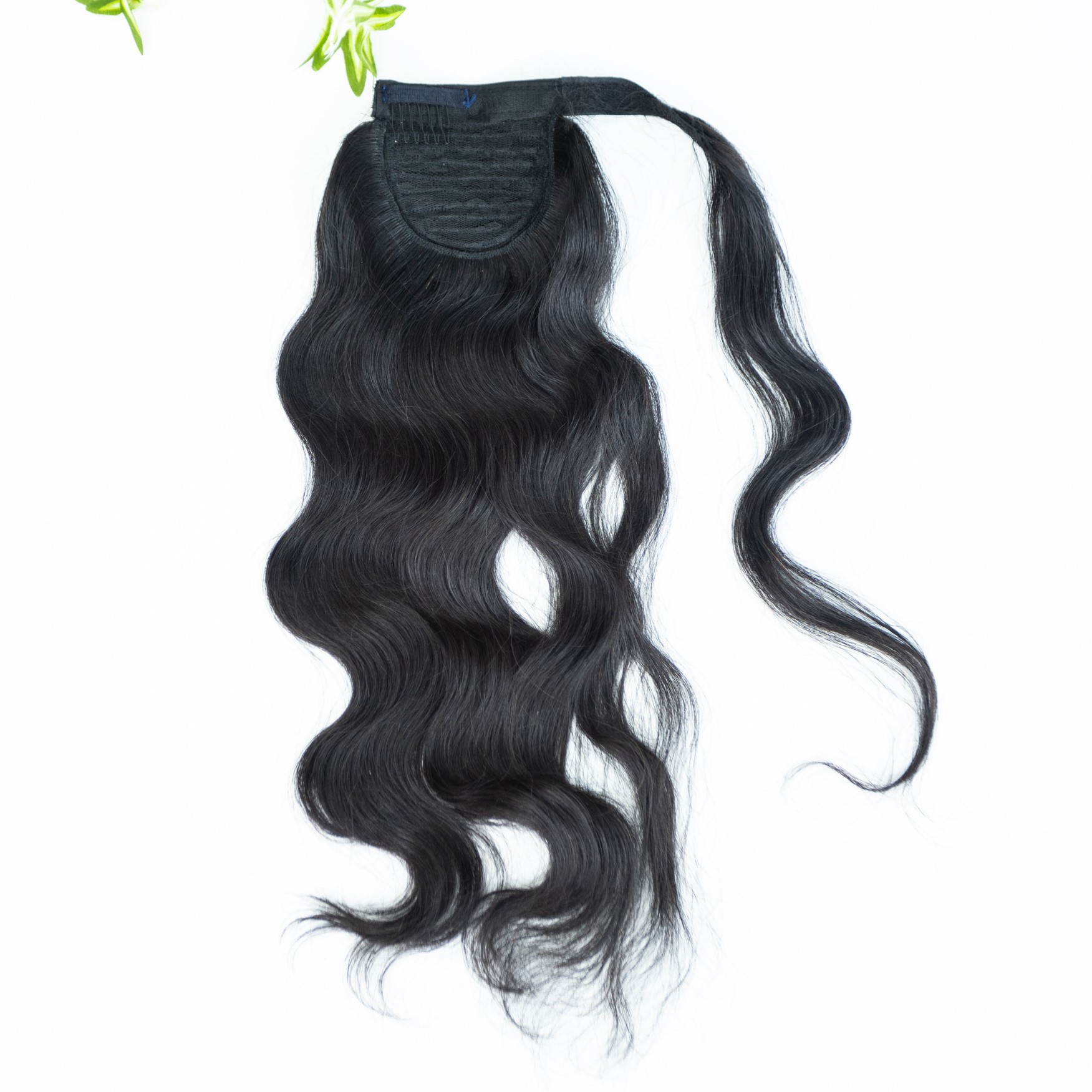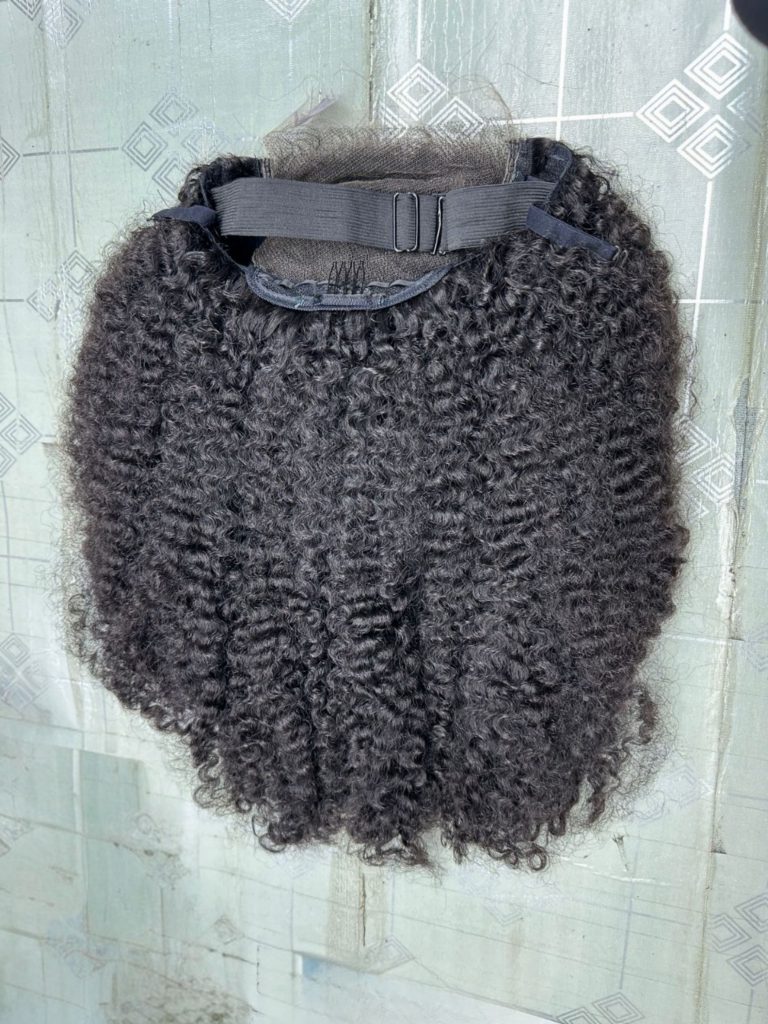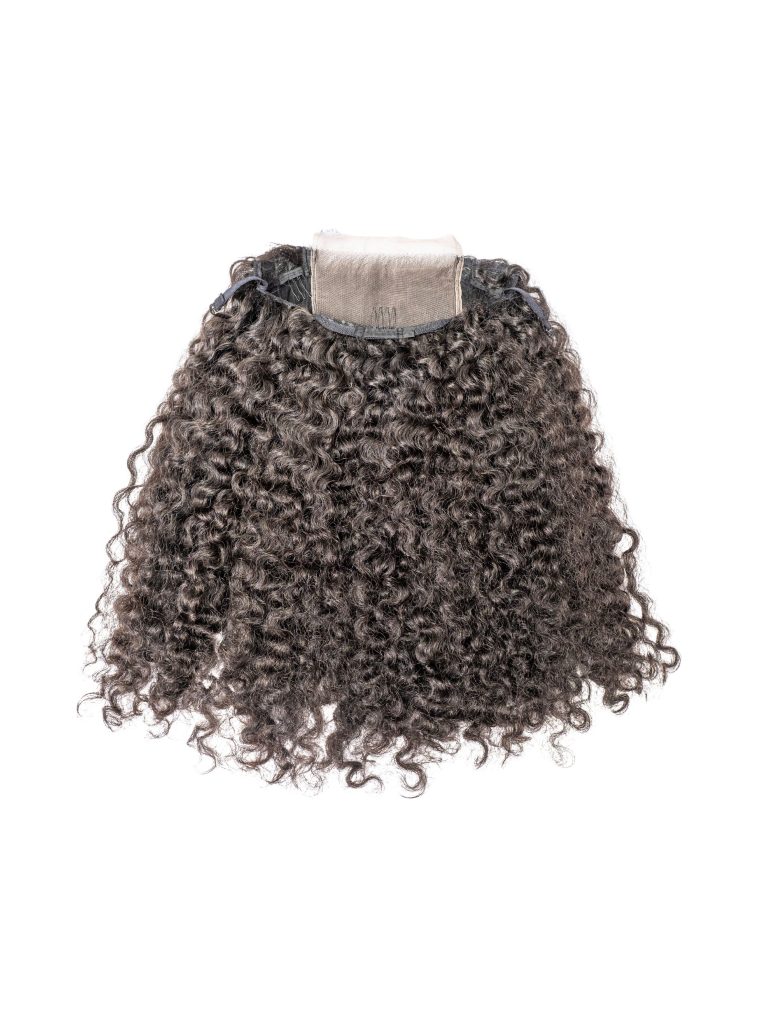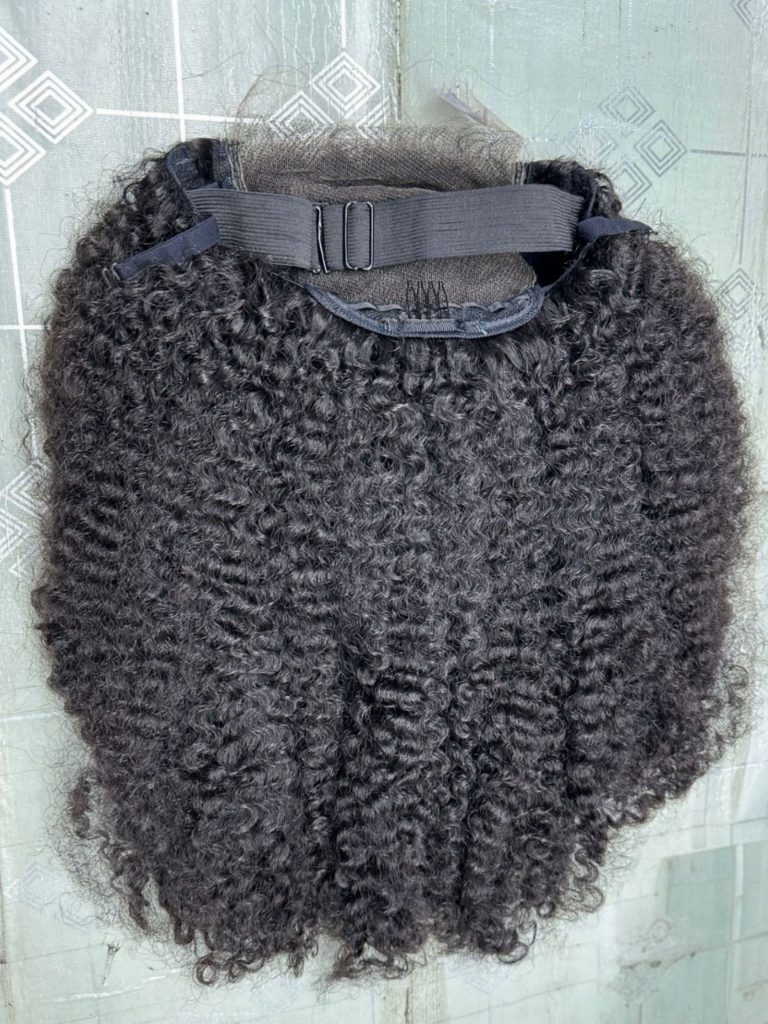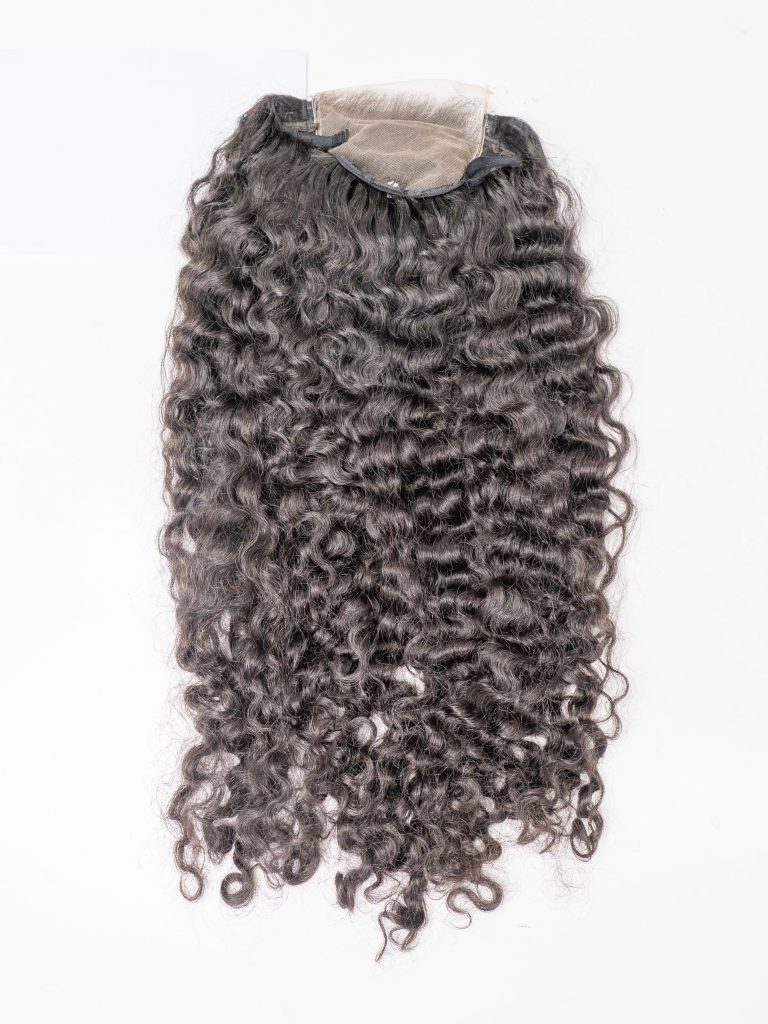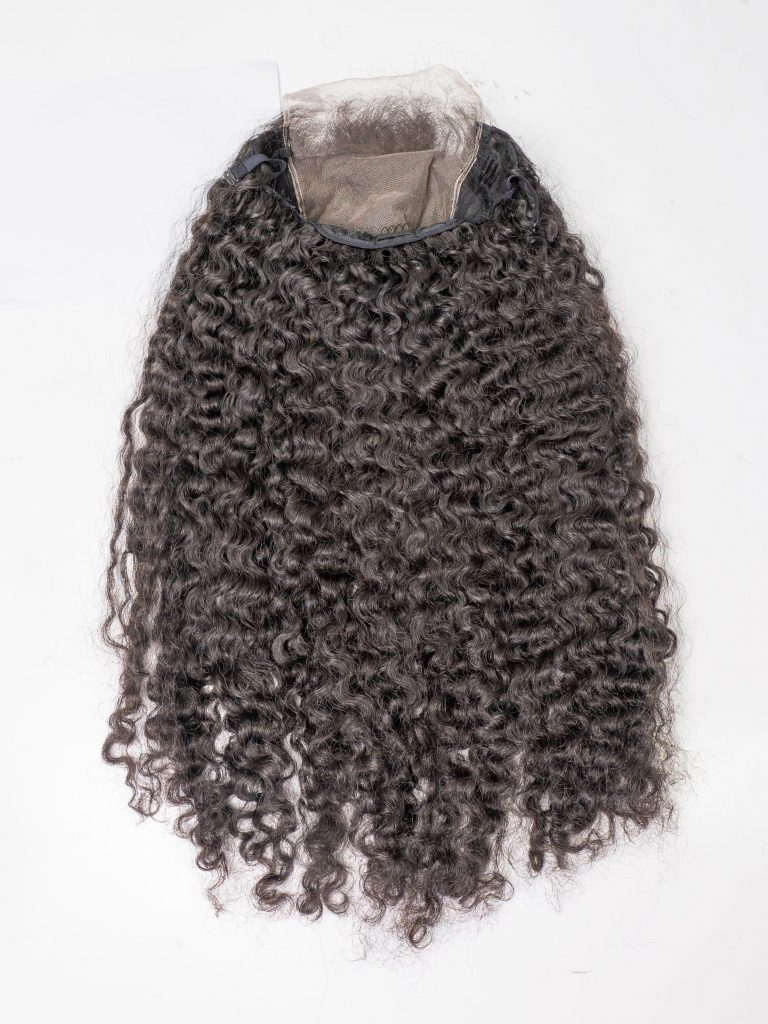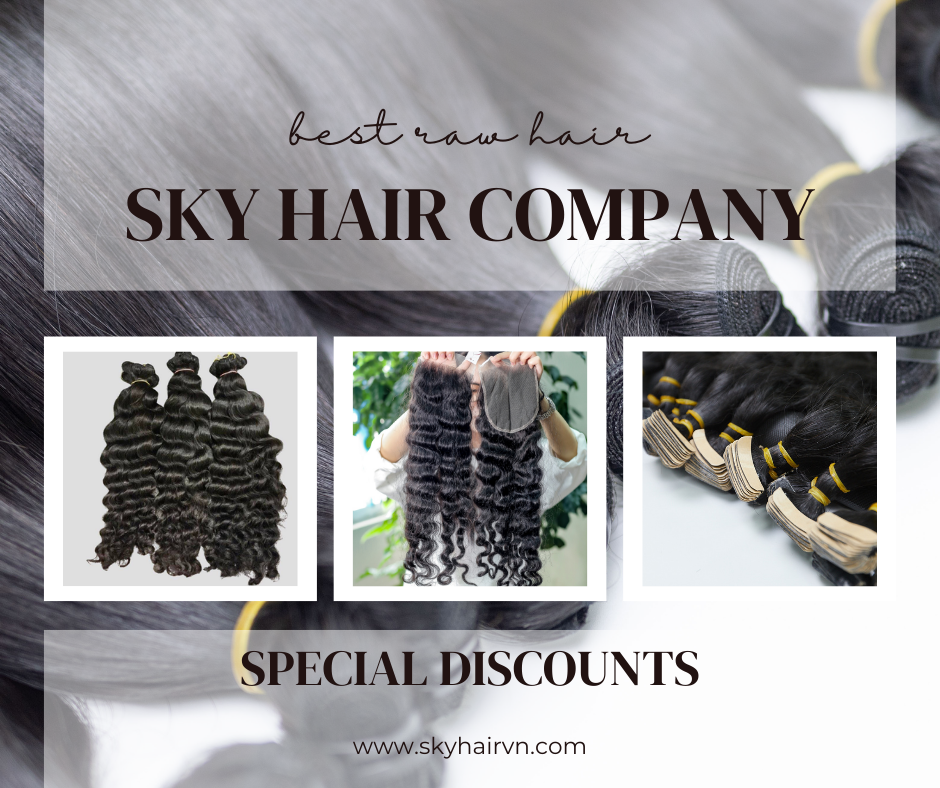The hair industry in Nigeria is a booming market, with high demand for quality human hair products, especially Remy hair. Many Nigerian women and beauty professionals prefer imported hair for its durability, versatility, and natural appearance. This has led to an increase in hair import businesses. The rise of social media has also contributed to this trend, with influencers and hairstylists showcasing premium hair extensions, further boosting demand.
Nigeria’s hair industry is estimated to be worth millions of dollars annually, making it a profitable sector for entrepreneurs. Consumers are willing to pay high prices for authentic, long-lasting hair products, creating a strong market for hair imports.
Why Vietnamese Hair is in High Demand in Nigeria
The Nigerian beauty industry has experienced massive growth in recent years, and with it, a rising demand for premium, long-lasting human hair. Among the global options available, Vietnamese hair — especially Remy hair — has emerged as a top favorite for Nigerian consumers and entrepreneurs alike.
So, what makes Vietnamese hair stand out?
- Superior quality: Naturally thick, smooth, and silky
- Remarkable durability: Can last up to 2–10 years with proper care
- Authentic appearance: Blends beautifully with African hair textures
- Low maintenance: Minimal tangling or shedding
- Style versatility: Easily dyed, straightened, curled, or bleached
These traits make Vietnamese hair extensions and wigs ideal for the Nigerian climate and styling preferences, whether for personal use or resale.
Key Benefits of Importing Hair from Vietnam
Many entrepreneurs are now choosing to import hair from Vietnam to Nigeria, not just for quality, but also for better profit margins and brand reputation. Once partnered with a reputable Vietnam hair factory, the process is straightforward — from selecting ethically sourced Remy hair bundles to arranging international shipping via trusted couriers like DHL or UPS.
If you’re planning to start or expand your hair business in Nigeria, sourcing directly from trusted Vietnamese suppliers is a smart move. With the right vendor, you’ll gain access to premium-grade hair that meets your customers’ expectations — and sets your brand apart in a competitive market.
Why You Should Know How to Import Hair from Vietnam to Nigeria
Knowing how to import hair from Vietnam to Nigeria is vital for the success of your hair business in Nigeria. Here’s why:
Better profit margins for your hair business
By understanding how to import hair from Vietnam, you can access affordable prices from Vietnamese hair suppliers, including Remy hair from Vietnam and Vietnamese hair extensions. This ensures better profit margins by securing high-quality hair at competitive rates.
Build a Reliable Supply Chain
Mastering the import process helps you establish long-term partnerships with trusted raw hair vendors in Vietnam and best hair vendors in Vietnam, ensuring you have a consistent supply of high-quality hair, which is key to running a stable business.
Avoid Scams or Low-Quality Suppliers
By knowing how to import hair from Vietnam to Nigeria, you can avoid unreliable suppliers and scams. This knowledge allows you to select only reputable vendors who offer the best quality, ensuring your customers get the best products.
Empower Yourself with Global Sourcing Knowledge
Learning how to import hair to Nigeria equips you with essential global sourcing knowledge. You’ll be able to make informed decisions, manage costs effectively, and stay competitive in the dynamic hair industry.
How to Import Hair from Vietnam to Nigeria (Step-by-Step)
Step 1: Start with In-Depth Research
Finding a reliable hair supplier is the most crucial step. Look for Vietnamese hair factories with professional websites that appear at the top of Google search results, as higher rankings often indicate credibility.
Additionally, check reviews from past customers, friends, or trusted sources. Schedule a video call or an in-person visit to verify the quality of their products and facilities. If a supplier refuses to provide verification, remove them from your list. Contact at least ten reputable suppliers to compare and evaluate their reliability before making a final decision.
Step 2: Request a Quote and Consider Your Budget
Since hair is a high-value product, budgeting carefully is essential. Request quotes from multiple suppliers, including product prices, shipping costs, and any additional fees.
Verify all supplier information, including their factory, office, and policies, through a video call. Always compare prices to get the best value, but make sure the quality meets your standards. When buying in bulk, ask for discounts—but never sacrifice quality just to save a little money.
Step 3: Make the Transaction
Once you finalize details such as hair type, color, length, and quantity, the supplier will send you an invoice. Typically, suppliers require a deposit of 50-70% of the total order value before production begins.
After production is completed, you must pay the remaining balance and shipping fees before the order is dispatched. To ensure a smooth process, work closely with the sales representative and confirm all order details.
Step 4: Check the Order
Before shipment, ask the supplier for detailed videos and photos of the order to verify the quality of Remy hair from Vietnam. This step helps prevent receiving low-quality or incorrect products.
Step 5: Confirm Shipping
Choose a reliable shipping method such as air freight, sea freight, or courier services like DHL and FedEx. A trusted Vietnamese hair supplier will provide tracking details to ensure safe and timely delivery of your hair products to Nigeria.
After the order arrives, confirm the delivery status with the shipping provider and the supplier. If the products meet your expectations, complete the transaction by providing feedback or a review for the supplier.
If you plan to import hair regularly, maintain a good relationship with the supplier to receive better support for future orders.
Common Challenges and How to Overcome Them
Importing hair from Vietnam to Nigeria can be a rewarding venture, but there are a few common challenges to be aware of. Here’s how to overcome them:
- Quality Control Issues: Ensure product quality by requesting samples from Vietnamese hair suppliers before ordering in bulk.
- Customs and Import Regulations: Familiarize yourself with Nigeria’s import duties and documentation. Work with a reliable supplier to ensure smooth customs clearance.
- Shipping Delays: Opt for reliable shipping methods like DHL or FedEx for faster delivery. Track shipments to avoid delays.
- Language Barriers: Choose suppliers with English support or use translation services to prevent miscommunication.
- Finding Reliable Suppliers: Research and read reviews to find trustworthy raw hair vendors in Vietnam. Build long-term relationships with the best Vietnamese hair factory for consistent quality.
Success Tips for Running a Hair Business in Nigeria
To build a successful hair business in Nigeria, focus on sourcing premium-quality extensions from reputable wholesale suppliers like Sky Hair. High-quality hair ensures durability and boosts customer satisfaction. Understand your market’s preferences—Nigerian clients love versatile textures, including straight, curly, and kinky hair, at competitive prices.
Maximize visibility by leveraging social media and influencer partnerships to showcase your products. Offer outstanding customer service with secure payment options and reliable delivery. Stay ahead of the competition by tracking trends, running promotions, and expanding into complementary services such as haircare products or salon collaborations.
Success in Nigeria’s thriving beauty industry requires consistency, adaptability, and a customer-first mindset. Prioritize quality, engagement, and innovation to build a brand that stands out.
